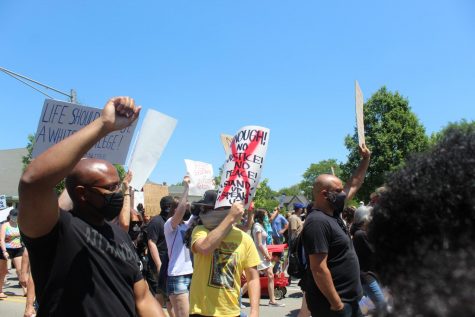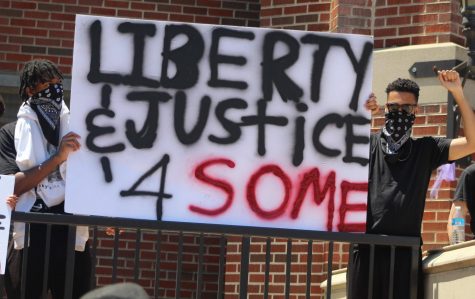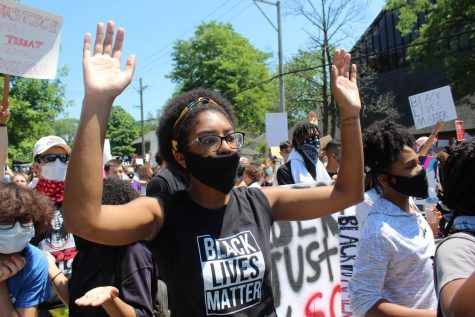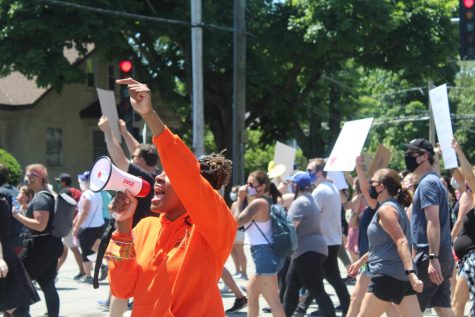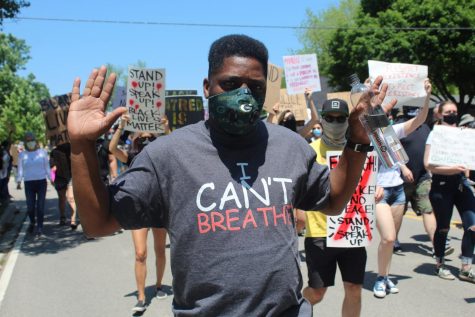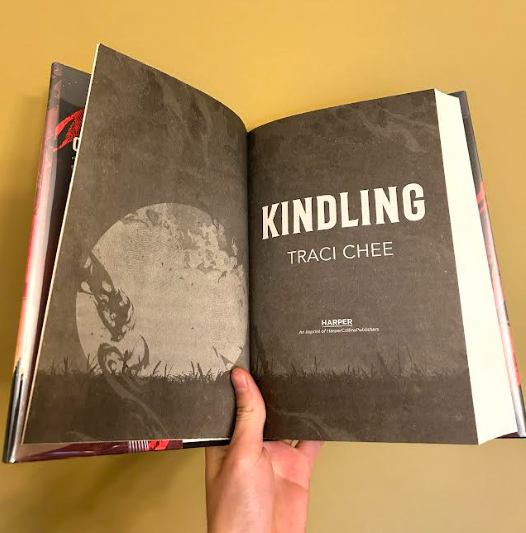Letter to the editor policy of the DGS Blueprint
The viewpoints expressed on the DGS Blueprint are reflective solely of the Blueprint staff, as well as students in the journalistic expression class or journalism club. Opinions pieces are exclusively the opinion of said writer, and not representative of the opinions of the District 99 administration or DGS staff.
The Blueprint will gladly accept letters to the editor submitted by current DGS students, staff and guardians. Requests for letters to the editor may be submitted to either of the online editors-in-chief, Paul Szmanda ([email protected]) and Sarah Barber ([email protected]). The writer must allow him or her self to be identified as the author of the letter. No anonymous content will be published. Letters should be kept under 250 words.
Every effort will be made to contact the responder prior to publication if any questions on content and/or credibility arise. All letters to the editor are subject to laws governing libel and obscenity, and they may be edited for length, clarity and AP style. The editors-in-chief may decide if and when a letter will be published in the print edition based on space availability and the letter’s pertinence to Blueprint readers.
The DGS Blueprint functions under the Illinois Speech Rights of Student Journalists Act of 2016, which gives student journalists free speech rights and editorial control over content. Blueprint journalists acknowledge the limits to their free speech rights, which do not grant them the ability to write any content which is libelous, slanderous, or obscene, or if it includes any invasion of privacy. These limits also bar any expression that violates state or federal law, or content that incites students to commit an unlawful act or “materially and substantially disrupt the orderly operation of the school” from being published by the Blueprint.
The Blueprint staff encourages readers to consider their digital footprint in writing letters. The emphasis should be on the argument to which you are responding, not the writer to whom you are responding. The policy regarding comments on Blueprint articles follows similar guidelines. All comments are proofread for any slander, libel or inappropriate content before being accepted by the editors-in-chief or the advisers.

